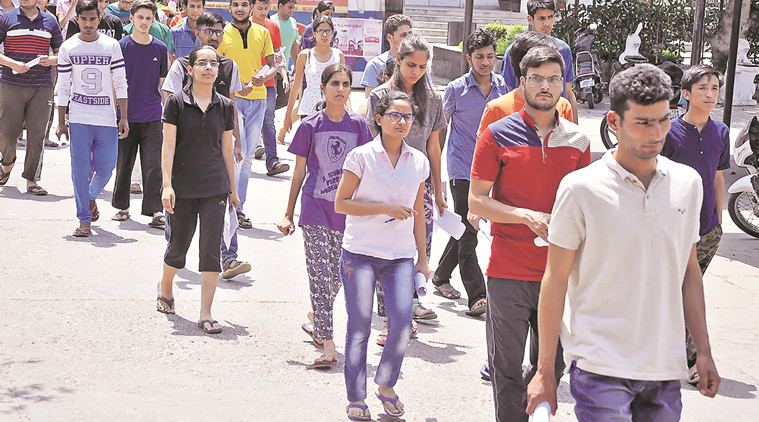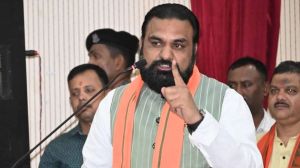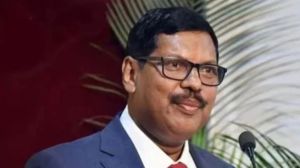Mumbai zone accounts for only 16 candidates in JEE top 100
Only one candidate from the Mumbai zone made it to the top 10. Rishi Agarwal, an Andheri resident, secured the 8th rank in the country.
 In the Mumbai zone, 84 candidates made it to the top 500, compared to Delhi where 152 candidates made it to the top 500. (Representational Image)
In the Mumbai zone, 84 candidates made it to the top 500, compared to Delhi where 152 candidates made it to the top 500. (Representational Image)
Only 16 candidates, who took their Joint Entrance Examination (Advanced) exam from the Mumbai zone, could manage a rank within the top 100. This is barely 0.06 per cent of the 26,205 candidates who had qualified for the first phase of the entrance exam for admissions to Indian Institutes of Technology.
Officials from IIT Kanpur, which conducted the JEE exam this year, said that state-wise data was not available and those who took the exam in Mumbai division may not necessarily have been from Maharashtra.
Only one candidate from the Mumbai zone made it to the top 10. Rishi Agarwal, an Andheri resident, secured the 8th rank in the country. Agarwal, who had enrolled for an integrated course at PACE, secured a 96.47 per cent in his HSC exam. “I want to pursue computer engineering at IIT Bombay,” he said. His father works at the International Finance Corporation and his mother is a homemaker. “I stuck to the study materials and model test papers. Apart from that meditation and yoga helped me keep my cool,” said Agarwal. Among the women candidates, Misulla Meghana was the topper in Mumbai zone with 80th rank.
Read | JEE Advanced 2018 highlights
A total of 2,936 students qualified from the Mumbai zone (11.2 per cent of those who had qualified for the advanced exam). In terms of the number of conversions (the number of students who took the second paper vis-a-vis the number of students who qualified), the Mumbai zone stands third among the seven zones. Delhi zone had the highest success rate at 16.4 per cent followed by the Roorkee zone. Guwahati zone had the lowest success rate at 7.5 per cent.
In the Mumbai zone, 84 candidates made it to the top 500, compared to Delhi where 152 candidates made it to the top 500. This year, a total of 18,138 candidates qualified in the JEE across the country as against 11,279 seats that are available. There are 800 supernumerary seats earmarked for women. In comparison, last year there were 50,455 candidates across the country who had qualified. Incidentally, in a first, no grace marks were allotted to candidates this year as opposed to 18 marks last year.



- 01
- 02
- 03
- 04
- 05




























